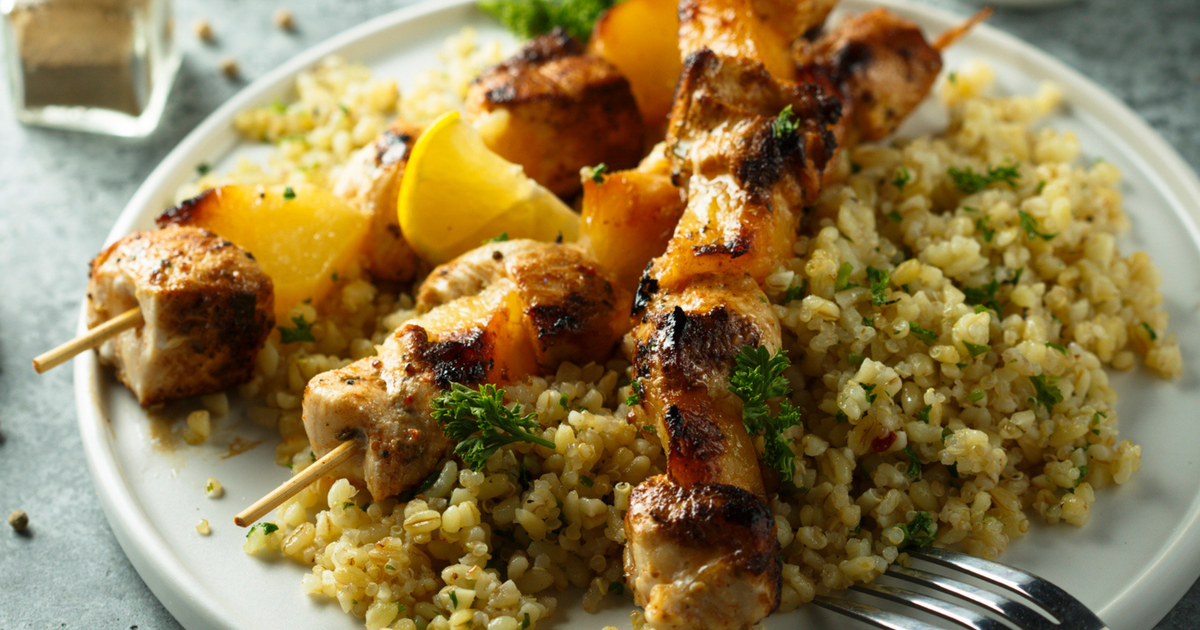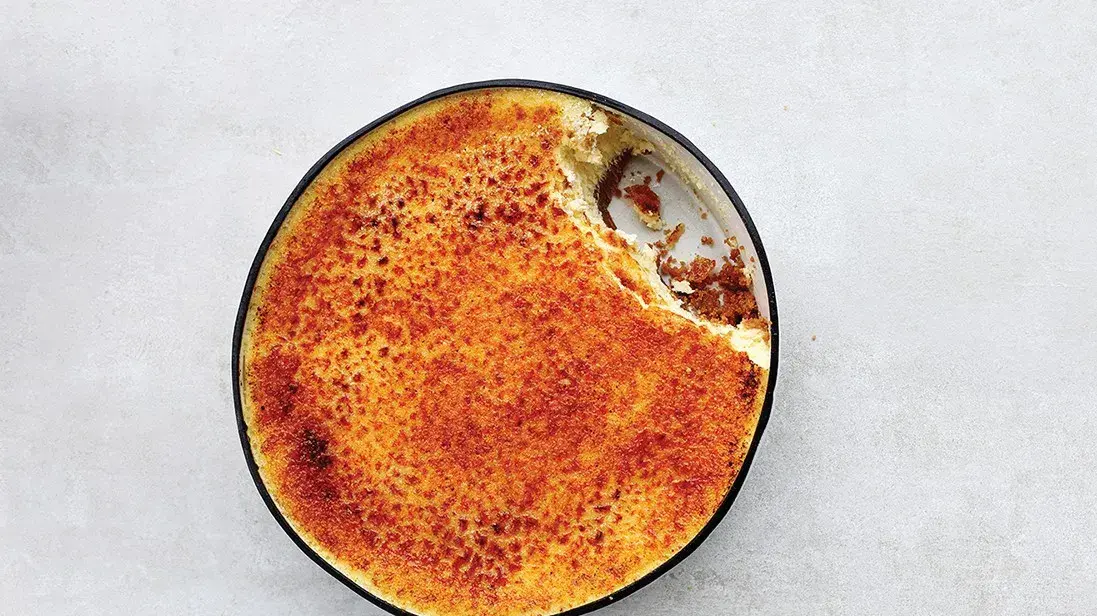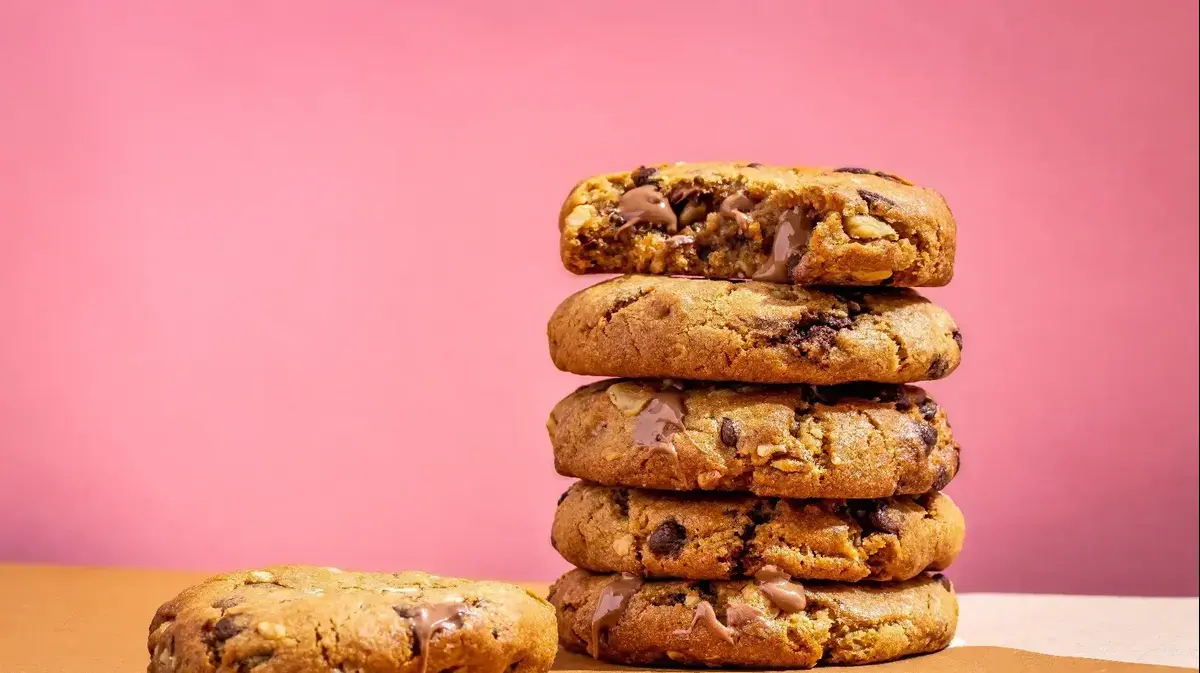SPIEGEL:
Good morning, Ms. Cantauw!
Three quarters of my vanilla crescents broke when I rolled them in powdered sugar.
The almond breads have melted into unsightly flat cakes, the cat's paws are so hard that if you bite into them, the seals are in danger of breaking.
Who is to blame that we bake cookies?
Cantauw:
We cannot
arrest
a single culprit in history; tradition has different roots.
The basic idea behind it is a Christian one and reads: How can I make a feast day, how can I design Nicholas, Christmas and New Year in a special way?
SPIEGEL:
But Advent, the time when we bake cookies today, is strictly speaking a fasting time in the Christian faith, during which you shouldn't stuff yourself with sweets.
Cantauw:
They didn't do that at all for centuries.
It was traditionally fasted until Christmas Eve, the only exception being St.
People only ate cookies on Christian holidays and between Christmas and Epiphany.
As in Nuremberg and Munich, markets have taken place around the church on Christmas days in many cities since early modern times.
Here, for example, the gingerbread or honey cake bakers, i.e. bakers who specialize in gingerbread, sold their goods.
SPIEGEL:
Did the gingerbread bakers always come from Nuremberg?
How big were the regional differences?
Cantauw:
No, honey cakes were also made elsewhere, for example in Aachen, Coburg or, since 1830, even in the Westphalian town of Borgholzhausen.
Before the 19th century, these baked goods were not so closely tied to the Christmas season and were also offered at the annual markets at other times of the year.
SPIEGEL:
The baking work was generally carried out by trained specialists, i.e. by gingerbread parents, and later confectioners and confectioners?
Cantauw:
Exactly.
Traditionally, there was a lot of money in circulation at Christmas.
Domestic servants, servants and maidservants received not only natural goods but also small monetary gifts from their rulers;
many craftsmen went out around Christmas and collected money - that's where the saying "come in if it's not a tailor" comes from.
The honey cake traders around the churches took advantage of this fact and hoped to earn a penny or two.
Pastries were also bought by the guild masters who organized celebrations for the guild brothers at the end of the year.
The cookies were then hung on trees that the children of the guild masters were allowed to plunder at the end of the meeting.
DER SPIEGEL:
Why is the cookie actually called "Cookie"?
Because you almost burst after eating too much?
Cantauw:
That is the diminutive of »Platz«, the common name for »cake«.
The name goes back to the Latin word »placenta«.
SPIEGEL:
Who else baked cookies besides the baker?
Cantauw:
In mansions and in the richer monasteries around Advent, sweet pastries were baked for the needy, but you should think of it as a kind of refined bread.
Please note: Before the discovery of beet sugar at the beginning of the 19th century, sugar in the form of cane sugar was only available from overseas, often from the colonies, and was extremely expensive, as was almonds and exotic spices.
Even honey, the local option for sweetening, as well as raisins or white flour were not part of the everyday diet for a large part of the population.
SPIEGEL:
There were not many other cookie ingredients in Europe at all until the time of the discovery, such as cinnamon, anise, cardamom, saffron and vanilla.
Cantauw:
That is why countries like the Netherlands - not by chance the home of Spekulatius - had a clear advantage.
The Dutch were at times one of the leading colonial powers, the merchants there lived, among other things, from trading in exotic spices.
SPIEGEL:
So Christmas cookies and progress are directly related to one another?
Cantauw:
Exactly - the whole big world is reflected in the little place.
Take the Aachener Printen, for example: Because Napoleon imposed the continental blockade in 1806, there was no more cane sugar, the Aachen bakers' guild had to think of an alternative, which was also achieved in the form of beet syrup and beet sugar.
SPIEGEL:
When did politics still frolic on the cookie plate?
Cantauw:
During National Socialism, for example, there were efforts to influence the
shape of the baked goods
.
The German woman should no longer cut hearts and asterisks, but runes and shapes borrowed from Germanic mythology, for example wheels of life.
SPIEGEL:
Back to our central question: When did the custom of baking in families become established during Advent?
Cantauw:
It only began in the Biedermeier period, that is, in the first half of the 19th century.
During this time, strongly differentiated gender roles developed in Germany: The ideal of the bourgeois housewife emerged, who revolved around children, the kitchen and the church, kept her husband's back free and baked himself - including Christmas cookies.
Home-baked food was very popular as proof of their efficiency.
SPIEGEL:
Cookies as an expression of female subordination?
Cantauw:
They at least represented the
busyness
and selflessness of the housewife, who always had to take care of the well-being of husband and children.
Cookery and business books such as the "Practical Cookbook for the Ordinary and Finer Kitchen" by Henriette Davidis, first published in 1845, should provide assistance.
The cookbook has been reissued over and over again and has even been translated into English and Dutch.
SPIEGEL:
So Davidis has been largely responsible for the baking craze since then?
Cantauw:
At
least
she gave the bourgeois housewife, who often received this or a similar cookbook as a gift for weddings, with the theoretical instructions.
The cooking and baking schools and boarding schools to which the senior daughters were sent did the rest.
Home baking experienced a real boom at the end of the 19th century with Dr.
August Oetker.
He not only developed baking powder in 1893, but also sold industrially manufactured and therefore inexpensive baking ingredients on a large scale, as well as baking recipes, cookery and baking books.
SPIEGEL:
Is the annual baking of cookies actually a German tradition?
Cantauw:
Christmas biscuits are also made in other countries - but not necessarily as evidence of small family inwardness and housewife self-sacrifice.
That seems very German to me.
SPIEGEL:
Baking became easier and easier in the 20th century, thanks in part to technical innovations such as mechanical and later electric mixers.
Cantauw: Which increased
the pressure on the housewives - there was no longer any excuse not to bake yourself.
Basically, the whole domestic baking story is a mirror of gender roles.
SPIEGEL:
Those that stick to us like tough cinnamon star dough even in the 21st century.
Thank you very much, Ms. Cantauw!






/cloudfront-eu-central-1.images.arcpublishing.com/prisa/SGKVBRGU7FC7PHC466NFXMSVTM.jpg)








